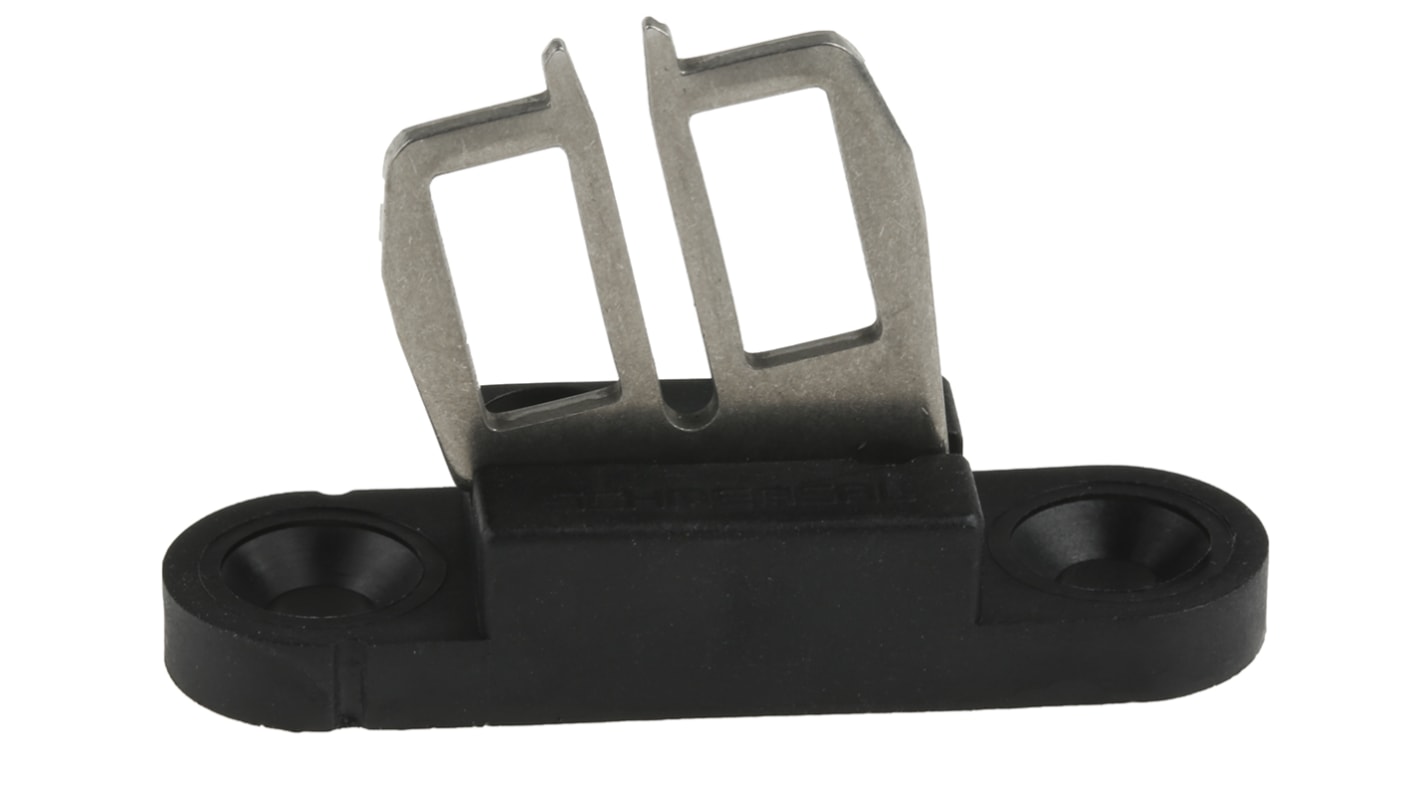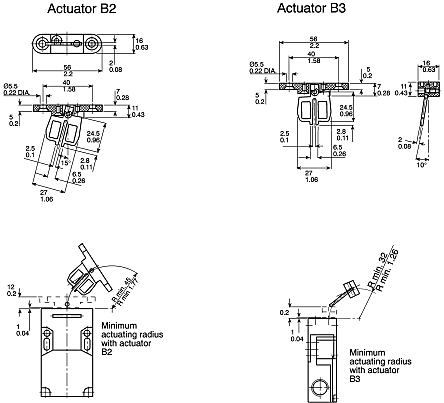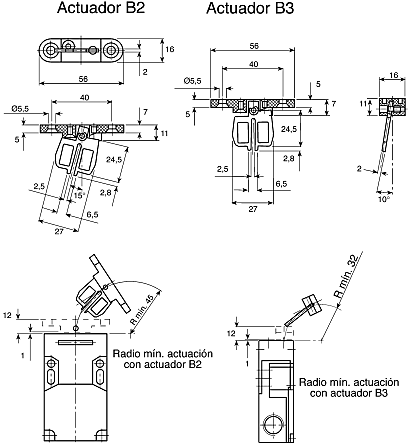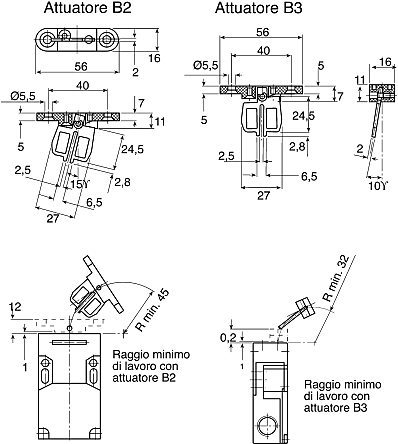Schmersal Radius Actuator for Use with AZ Safety Switch
- RS Stock No.:
- 211-1562
- Mfr. Part No.:
- AZ15/16-B2
- Brand:
- Schmersal

Subtotal (1 unit)*
£11.84
(exc. VAT)
£14.21
(inc. VAT)
FREE delivery for orders over £50.00
In Stock
- 260 unit(s) ready to ship
- Plus 89 unit(s) ready to ship from another location
- Plus 26 unit(s) shipping from 17 November 2025
Need more? Click ‘Check delivery dates’ to find extra stock and lead times.
Units | Per unit |
|---|---|
| 1 + | £11.84 |
*price indicative
- RS Stock No.:
- 211-1562
- Mfr. Part No.:
- AZ15/16-B2
- Brand:
- Schmersal
Specifications
Technical Reference
Legislation and Compliance
Product Details
Find similar products by selecting one or more attributes.
Select all | Attribute | Value |
|---|---|---|
| Brand | Schmersal | |
| Accessory Type | Actuator | |
| For Use With | AZ Safety Switch | |
| Actuator Type | Radius | |
Select all | ||
|---|---|---|
Brand Schmersal | ||
Accessory Type Actuator | ||
For Use With AZ Safety Switch | ||
Actuator Type Radius | ||
RoHS Status: Exempt
- COO (Country of Origin):
- DE



Schmersal Actuator for AZ Safety Switch, Small Radius B2 - AZ15/16-B2
This actuator from Schmersal is designed to be used with an AZ safety switch. It's responsible for opening or closing the electrical circuit of the switch and is suited to controlling the operation of machine guards. The angled actuator has a small actuating radius of 45mm which makes it useful in confined areas. Safety switches with separate actuators are a particularly good choice for sliding, hinged and removable safety guards, which need to be closed to ensure the necessary operational security. They can also be fitted on profile sections and existing equipment.
Features and Benefits
• Strong and durable metal actuator that won't easily rust
• Plastic handle for ease of use and to improve operator comfort
• Plastic handle for ease of use and to improve operator comfort
Application Information
• Mining industry
• Hydrocarbons and minerals
• Industrial automation
• Automotive industry
• Hydrocarbons and minerals
• Industrial automation
• Automotive industry
What's meant by 'machine guarding'?
A machine guard is a shield or device that's used to prevent operators from coming into bodily contact with hazardous areas of machinery. It's the first line of defence against injuries caused by machine operation.
How does a safety switch work with a separate actuator?
On actuation, the switching element and actuator are brought together or separated. When the actuator is withdrawn, the positive-opening NC (normally closed) contact is always open.
